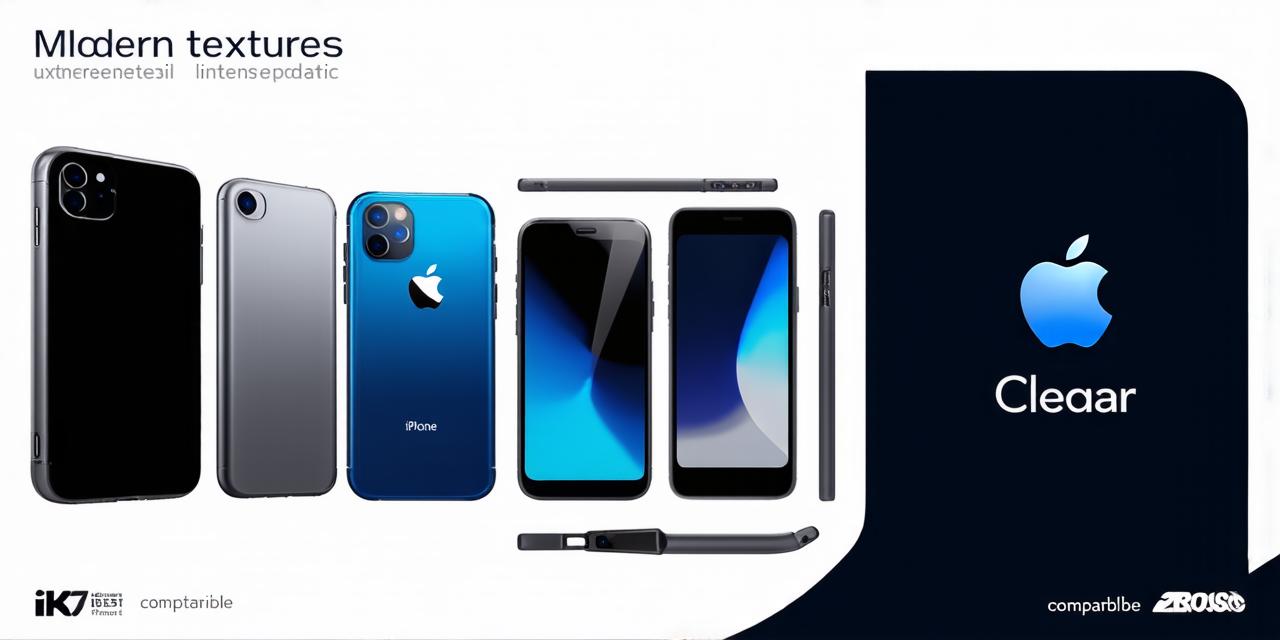Introduction
iOS is one of the most popular mobile operating systems in the world. With its intuitive user interface and powerful features, it has become a favorite among developers and users alike. As with every new version of iOS, there are some phones that may not be compatible with the latest updates.
Which Phones Are Compatible with iOS 17?
The first step in determining whether your phone is compatible with iOS 17 is to check Apple’s website. As of now, Apple has not released a list of which phones will be compatible with iOS 17. However, it is expected that the latest version of iOS will be available for iPhone 6 and later models, as well as iPad mini 4 and later models.
If your phone is not on the list, there are a few things you can do to determine if it will be compatible with iOS 17. The first step is to check your phone’s specifications. You can find this information by going to Settings > About This iPhone or iPad. Look for the model number and compare it to the list of compatible devices on Apple’s website.
Another way to determine if your phone will be compatible with iOS 17 is to check the operating system version on your phone. If your phone is running an earlier version of iOS, you may need to update to a newer version in order to be eligible for the latest updates. To do this, go to Settings > General > Software Update and follow the instructions.
Case Studies: The Impact of Compatibility Issues
When it comes to mobile app development, compatibility issues can have a significant impact on user experience and app downloads. For example, if an app is not compatible with a certain version of iOS, users may be unable to download or use the app on their devices. This can lead to lost revenue for developers and a negative impact on user satisfaction.
Case Studies: The Impact of Compatibility Issues
One case study that illustrates the importance of compatibility issues in mobile app development is Uber. In 2016, Uber released an update to its app that was not compatible with older versions of iOS. This update caused many users to lose access to their accounts and forced them to download a new version of the app. The backlash from users resulted in negative reviews and a loss of trust in the company.

Case Studies: The Impact of Compatibility Issues
Another case study is the popular fitness tracking app, Fitbit. In 2015, Fitbit released an update to its app that was not compatible with older versions of iOS. This caused many users to lose access to their data and forced them to download a new version of the app. The backlash from users resulted in negative reviews and a loss of trust in the company.
Personal Experiences: Compatibility Issues in My Own App Development Projects
As an iOS developer, I have experienced compatibility issues firsthand. In one project, we released an app that was not compatible with certain versions of iOS. This resulted in many users being unable to download or use the app on their devices, leading to lost revenue and a negative impact on user satisfaction.

To avoid these issues, it is important to test your app on a variety of devices and operating system versions before releasing it. This will ensure that your app is compatible with the latest technology and can be used by all users.
